Xi Jinping approaches multiple points of no return
Beijing assumes it can change course if policies fail. Zero-Covid shows this is no longer the case.
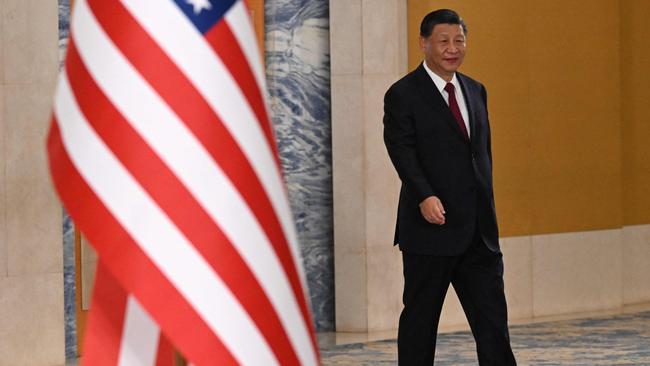
After the most serious protests in three decades erupted in China over the weekend, you might think the disaster of Xi Jinping’s zero-Covid policy is the biggest crisis facing the Communist Party regime in Beijing. You’re not wrong, but to settle too quickly on this interpretation is to miss a phenomenon that is broader, subtler and potentially more threatening to the party in the long term.
The clue lies in an often overlooked characteristic of the zero-Covid fiasco: It almost certainly was intended from the start to be reversible. Mr Xi can’t have been blind to the unsustainability of this policy, as my colleague Holman Jenkins observed this week. The game plan most likely was to keep zero-Covid in place until Mr Xi had consolidated power by securing a third presidential term in October, after which it would become politically possible to ease up on Covid restrictions.
It’s underappreciated by outside observers how important this idea of easily reversible policies is to the Communist Party’s efforts at staving off the sort of cascading social and political changes that brought down communism in Europe.
The conceit throughout China’s post-Mao era has been that the party can apply precise pressure to the levers of economic and social reform at just the right moments to achieve a given result. And not only to press the levers, but to release them when necessary to maintain the proper degree of political control.
This socioeconomic tinkering through policy reversion has been Mr Xi’s primary project since coming to power a decade ago. Concerned that economic reforms were in danger of weakening the party’s hold on power, Mr Xi reversed one reform after another. He reversed a long expansion of private entrepreneurship by consolidating more economic activity in the hands of state-owned enterprises and reversed to an extent the country’s previous openness to foreign investment. He reversed what had been a grudging experiment with limited democracy in Hong Kong. And more.
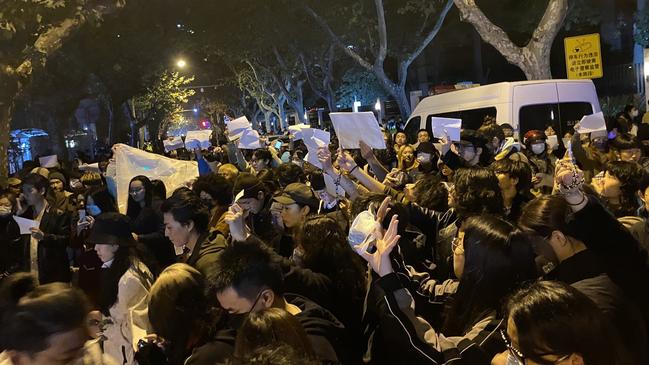
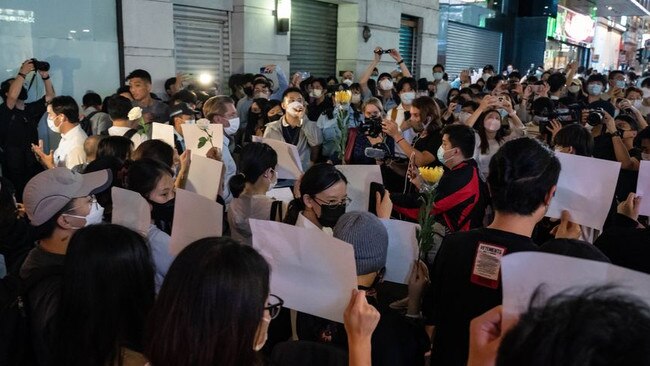
Now Mr Xi has stumbled into several policy errors (some his, others his predecessors’) that may turn out to be irreversible. The nub of his Covid disaster is that he no longer has any good exits.
Having committed himself to a policy that is triggering significant popular unrest, he is realising that the alternative is equally dire.
Easing up on zero-Covid now would mean letting the virus rip through a population with limited immunity and developed-country expectations of China’s developing-country healthcare system.
The human suffering would be dire and the political ramifications hard to fathom once Chinese citizens notice that three years of their lockdown misery didn’t, in fact, save their loved ones.
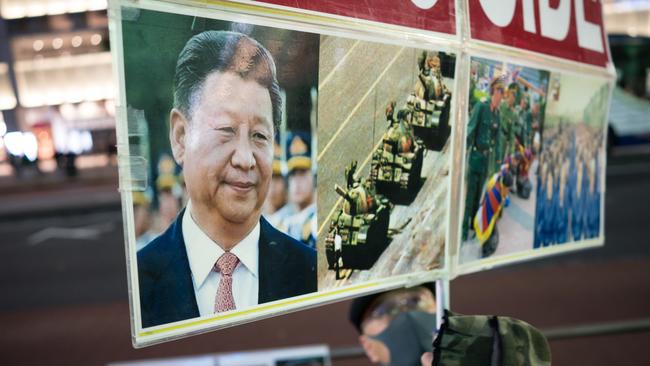
The same authoritarian system that allowed Mr Xi to institute zero-Covid makes it essentially impossible for him to duck the blame. Elsewhere, vigorous public debate and serial elections have forced citizens to buy into some “acceptable” Covid policy or other.
Not so in China, where whatever happens now is all Mr Xi’s fault. He has accidentally made a choice he can’t undo, and it’s not the only one.
Another pressing example concerns the property market, where Mr Xi is struggling to control what he had hoped would be a gradual deflation of the real-estate balloon. Beijing’s overlapping goals are to reduce several decades’ worth of dangerous leverage and uncontrolled speculation while consolidating the industry in state hands and moderating house-price growth to keep homeownership within reach for the rising middle class. No prizes for guessing what could go wrong, and many things have.
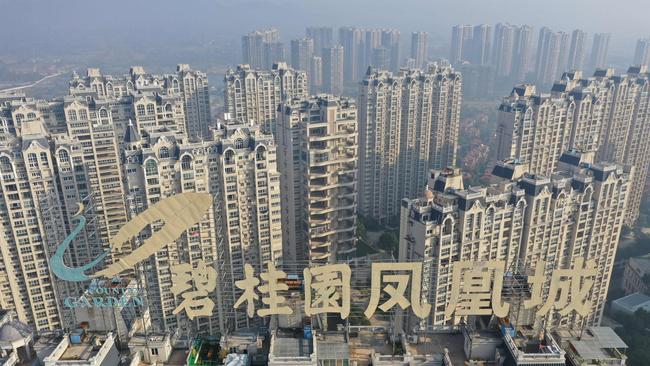
With property prices continuing to fall and signs of distress mounting across the economy, Beijing lately has tried to stabilise the market, for instance by allowing private developers to borrow again.
But this time, the market doesn’t seem to be responding to the party’s attempted policy reversal. The middle class is too traumatised by zero-Covid and recent plunges in real-estate values to pile back into apartment purchases on demand. Mr Xi may soon find that his real-estate deflation, once begun, can’t be arrested.
Beijing’s most serious irreversible error may turn out to be China’s longtime one-child policy.

The population grew by fewer than 500,000 last year, the slowest pace since the 1960s, a trend with dire implications for work and consumption in years to come. This comes five years after the end of the one-child policy, suggesting citizens haven’t heeded the government’s pleas to have more children – a thwarted policy reversal if ever there was one.
If the party can’t reverse itself, it faces a significant challenge to its authority.
In the face of these intractable problems, Mr Xi will have to devise some other mechanism for securing the public’s assent to difficult choices or tolerance for bad outcomes.
For now one fears that mechanism will be the barrel of a gun, although that too will carry profound risks for the party.
The Wall Street Journal







To join the conversation, please log in. Don't have an account? Register
Join the conversation, you are commenting as Logout